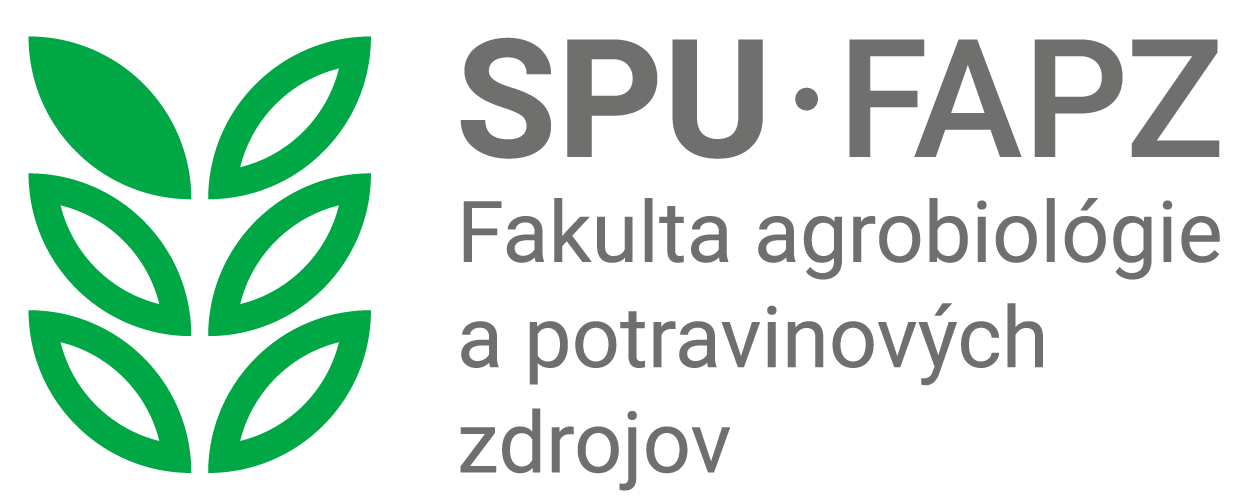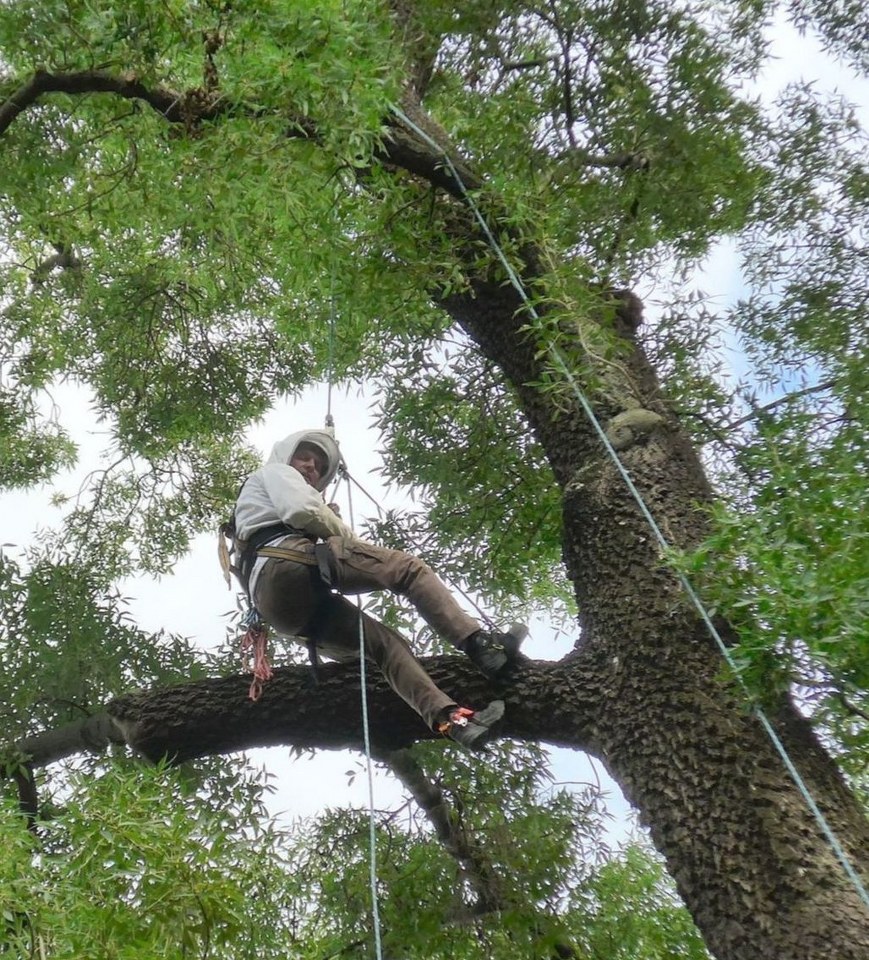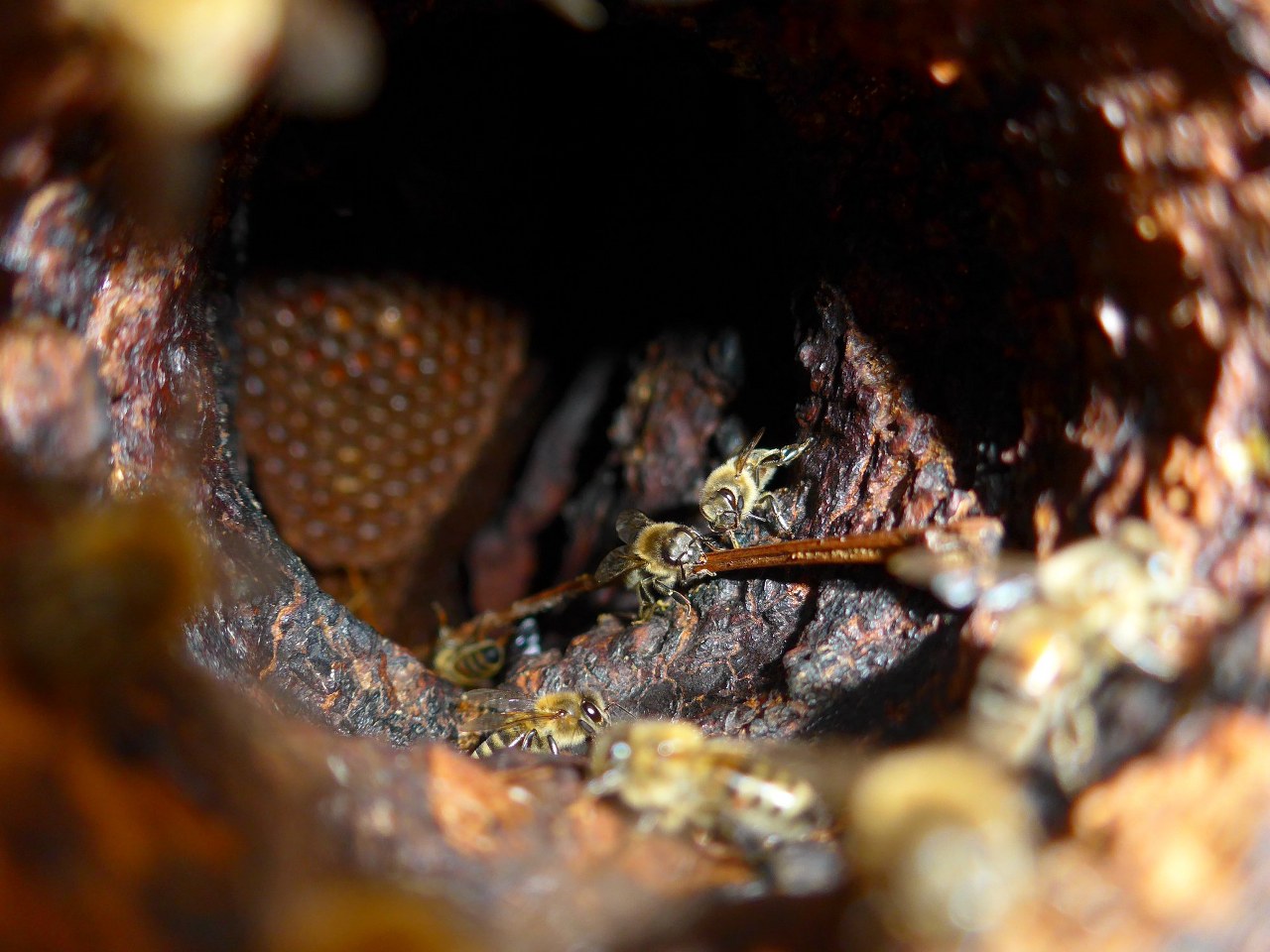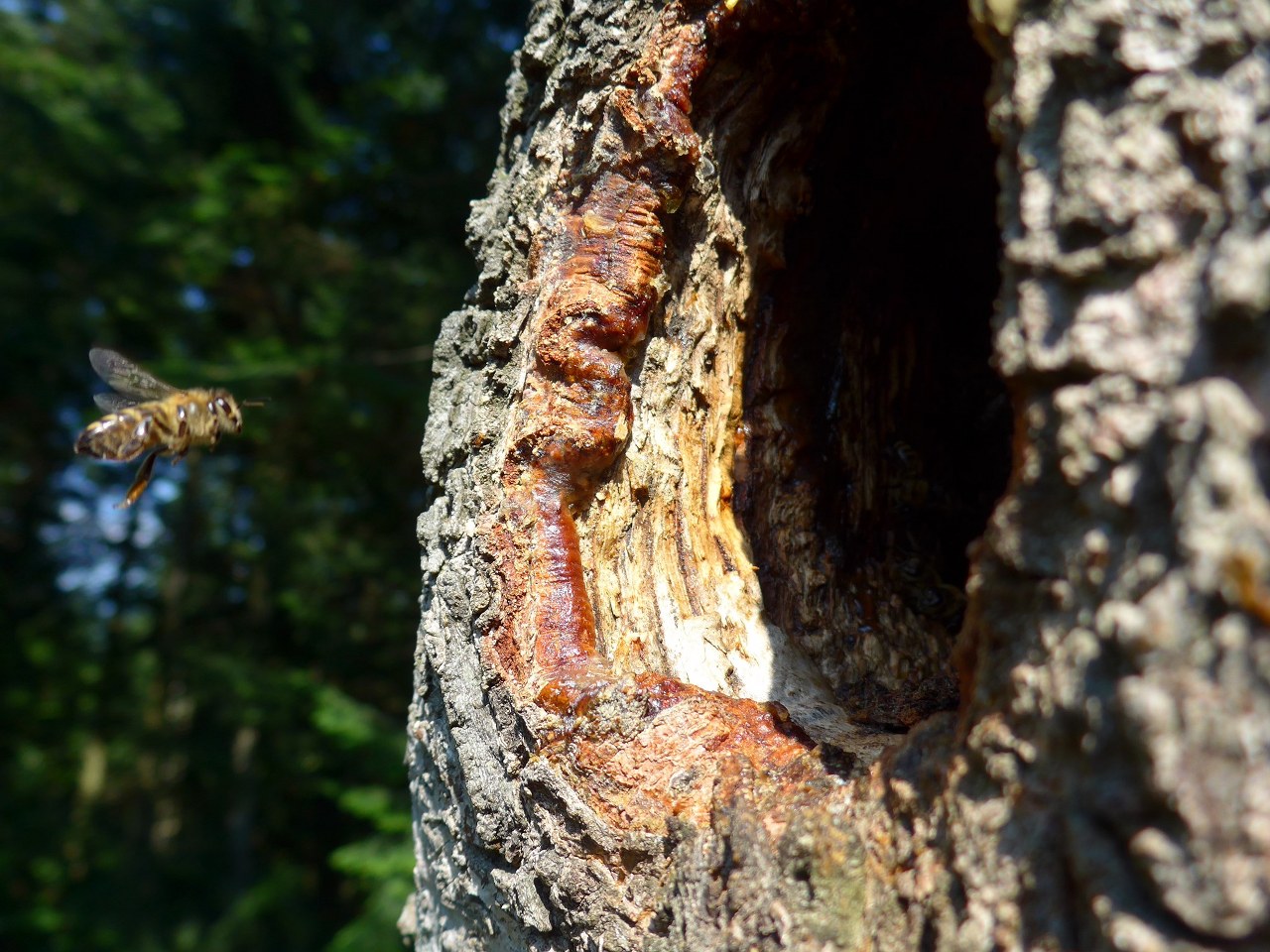Lecture on free-living honey bee colonies in Slovakia
03.11.2025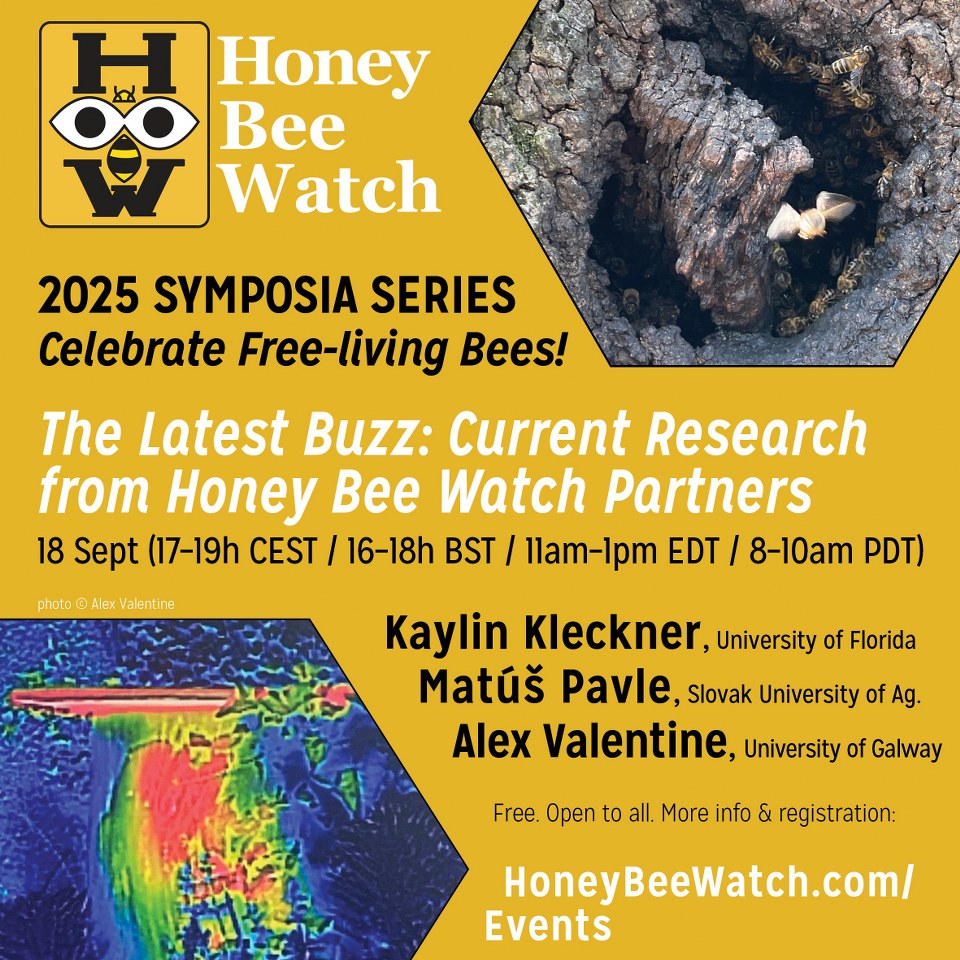
The international „Honey Bee Watch“ coalition focused on protecting surviving honey bee colonies is organizing series of online symposium presenting the work of scientific teams and volunteers in this interesting ecological branch. In many areas of the world, feral honey bee colonies have become extinct, or the original gene pool has been preserved only in residual populations. Interesting are also the findings that some swarms that have flown out of apiaries survive in nature even without human help, although most of the swarmed colonies will not survive the winter. In the September edition of these symposia, three doctoral students shared the results of their university projects in Europe and Africa.
Kaylin Kleckner from the USA presented field research on the behavior and nesting ecology of the East African lowland honey bee and Cape honey bee populations in South Africa. Alex Valentine shared the results of eight years study in Ireland and parts of the United Kingdom and shared information on pests, patogens and genetic structure of wild populations of the European Dark honey bee.
Matúš Pavle, an external doctoral student at the Institute of Animal Husbandry, FAFR SUA, has been monitoring survival rate of free-living honey bee colonies in Slovakia and studying factors influencing the coexistence between feral and managed bee colonies for a long time. In his presentation at the September edition of the "Honey Bee Watch" symposia, he shared his working methods used in these monitoring - the lecture can be viewed at this link: https://www.youtube.com/watch?v=2PLRD_xtd7U. You can also watch other videos showing "natural bees" on his Youtube channel: https://www.youtube.com/channel/UCxT0POiKXV8tCKudZ7H8iyA/videos and his Facebook profile: https://www.facebook.com/prirodnevcely
